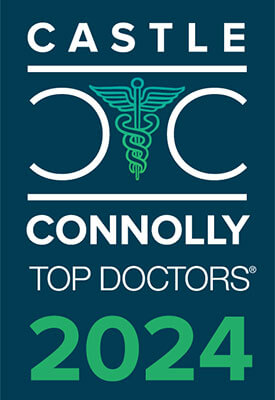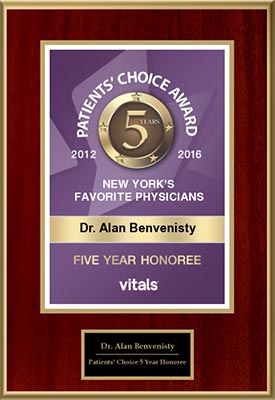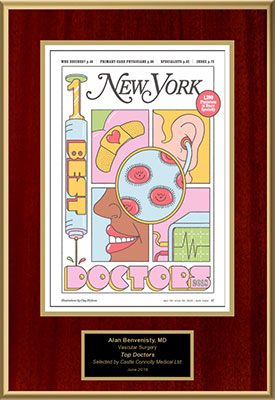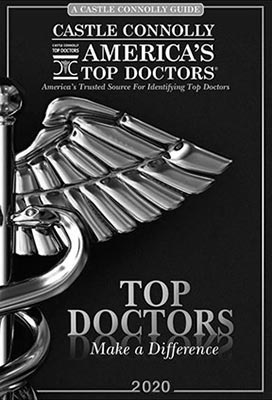How Diet Affects Arteries: What Every Patient Should Know This Holiday Season

The holiday season is filled with family gatherings, festive meals, and plenty of opportunities to indulge. While enjoying favorite holiday dishes in moderation is perfectly acceptable, overindulging can have a significant impact on vascular health—especially for individuals with existing cardiovascular risks.
Dr. Alan Benvenisty, a respected vascular surgeon in New York City, emphasizes the connection between diet and arterial health, particularly during times when rich, high-fat, and high-sugar foods are more common. Diet plays a critical role in the development and progression of vascular diseases, including peripheral artery disease (PAD), carotid artery disease, and aneurysms.
Diet and the Health of Arteries
Arteries are the essential highways of the circulatory system, transporting oxygen-rich blood from the heart to every part of the body. When healthy, they are strong, elastic, and free of obstruction. However, a diet high in saturated fats, trans fats, sodium, and sugar can trigger inflammation and the accumulation of plaque, which narrows the arteries and restricts blood flow—a condition known as atherosclerosis.
This narrowing of the arteries is a major contributor to heart attacks, strokes, and serious circulatory issues. The Centers for Disease Control and Prevention (CDC) reports that heart disease is the leading cause of death in the United States, accounting for approximately 700,000 deaths annually, many of which are linked to preventable dietary and lifestyle choices.
How Holiday Overeating Can Impact Vascular Health
During the holidays, average caloric intake rises substantially. Research from the New England Journal of Medicine found that most people gain 1 to 5 pounds during the holiday season, often retaining that weight long-term.
More concerning than temporary weight gain is the immediate impact of heavy, rich meals on the arteries. High-fat and high-sugar meals can cause blood vessels to become less flexible, triggering inflammation and oxidative stress that impair circulation.
Common holiday foods that pose a risk to vascular health include:
- Processed meats like sausages and glazed hams
- Rich gravies and cream-based sauces
- Baked goods and desserts packed with refined sugar
- Deep-fried appetizers
- Alcoholic beverages that spike triglycerides
Dr. Benvenisty warns that for individuals with underlying vascular conditions or risk factors such as hypertension, diabetes, or elevated cholesterol, these dietary patterns can accelerate arterial damage—even in a short period of time.
Inflammation: The Hidden Threat
Diet-induced chronic inflammation is a silent contributor to vascular disease. Foods high in refined carbs, artificial additives, and unhealthy fats raise C-reactive protein (CRP) levels—a known marker of inflammation. Over time, this systemic inflammation damages arterial walls and contributes to plaque buildup.
On the other hand, anti-inflammatory diets—rich in fruits, vegetables, whole grains, lean proteins, nuts, and omega-3 fatty acids—can help protect arteries and reduce the progression of vascular disease. Dr. Benvenisty frequently encourages patients to adopt these nutritional strategies as part of a comprehensive vascular care plan.
Heart-Healthy Holiday Tips
Dr. Benvenisty offers the following advice for patients looking to enjoy the holidays without compromising vascular health:
- Load up on fresh vegetables and whole grains
- Limit sodium and processed ingredients
- Choose lean proteins like turkey or fish
- Choose olive oil or avocado instead of butter
- Enjoy sweets in moderation—watch portion sizes
- Stay hydrated and maintain light physical activity
- Avoid skipping medications or checkups during the holidays
Making small, intentional choices can reduce inflammation and protect arteries, even during a season of celebration.
A Preventive Approach to Vascular Care
Dr. Benvenisty believes that successful vascular treatment involves more than surgery or medication—it includes education and preventive guidance. At his practice in New York City, patients receive personalized care that considers diet, lifestyle, and risk management as essential components of vascular health.
He encourages individuals with a history of vascular disease, diabetes, leg pain, or poor circulation to remain vigilant during the holidays and seek medical evaluation if new or worsening symptoms arise.
Have a Happy and Healthy Holiday Season
The holidays are a time to enjoy—but also to be mindful. Dr. Alan Benvenisty reminds patients that arterial health is highly influenced by diet, and making informed choices can lead to long-term wellness. Whether managing an existing condition or looking to prevent future issues, understanding the connection between nutrition and vascular disease is a powerful first step.
For patients in New York City and beyond, Dr. Benvenisty offers expert care, compassionate guidance, and a holistic approach to protecting the arteries—during the holidays and throughout the year.
Posted on behalf of
440 West 114th St, Second Floor
New York, NY 10025
Phone: (212) 523-4706
Monday & Friday 9:00 AM – 5:00 PM







